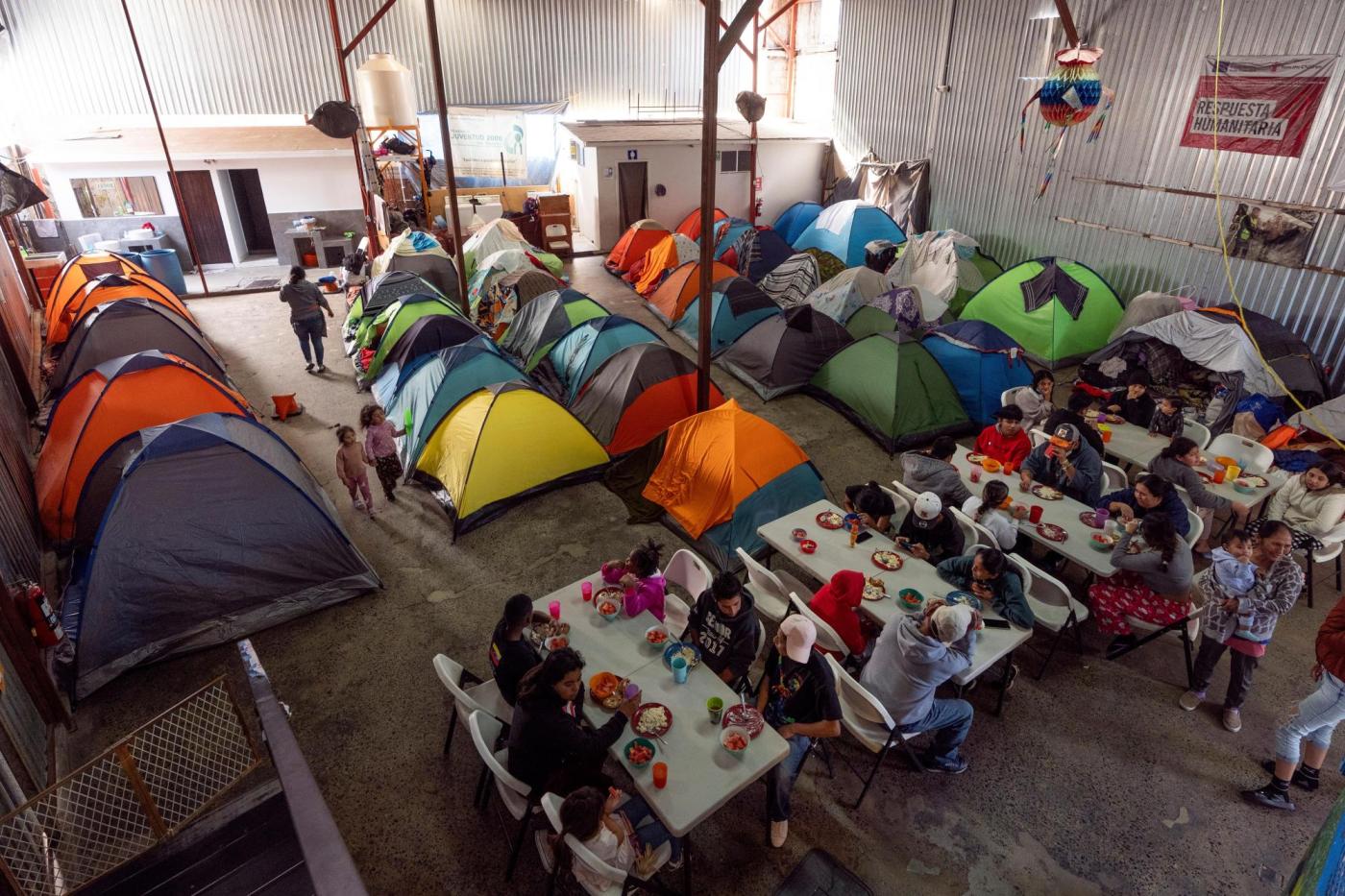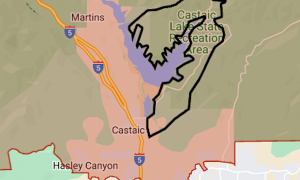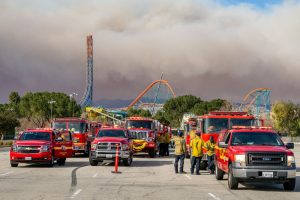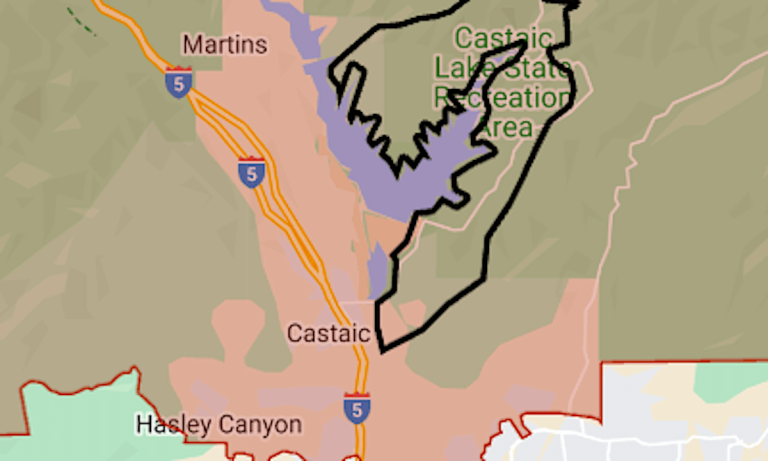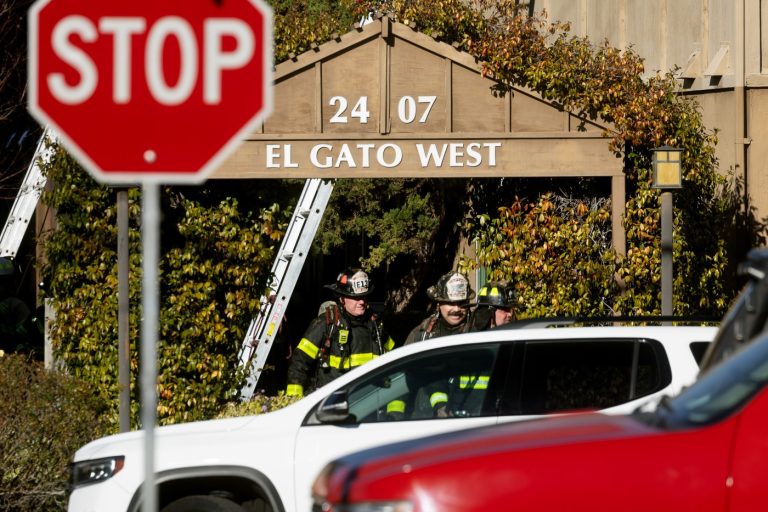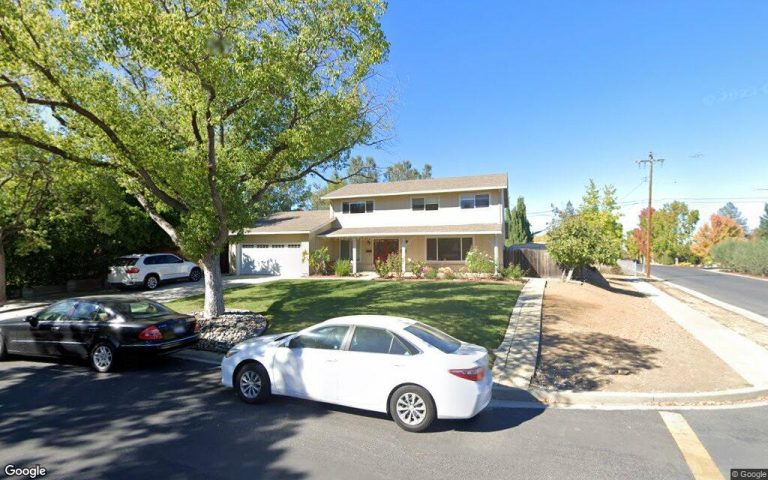By MARTÍN SILVA REY and FÉLIX MÁRQUEZ
CIUDAD JUÁREZ, Mexico (AP) — Mexico raised sprawling tents on the U.S. border Wednesday as it braced for President Donald Trump to fulfill his pledge to reverse mass migration.
Related Articles
Israel launches major operation in West Bank
Former El Salvador President Funes dies in exile at 65
Prince Harry poses with Salinas firefighters amid news of $12 million court victory
Mittens the cat becomes an accidental frequent flyer after getting mistakenly left on a plane
China and US partners are moving closer as Trump returns to the White House
In an empty lot tight against the border with El Paso, Texas, cranes lifted metal frames for tent shelters in Ciudad Juárez. Nogales, Mexico — across from Nogales, Arizona — announced that it would build shelters on soccer fields and in a gymnasium. The border cities of Matamoros and Piedras Negras have launched similar efforts.
At a border crossing in Tijuana, Mexico, on Tuesday night, one man shouted to journalists that he was being deported in a group that was arrested that morning in farm fields near Denver. Another man said he was in a group that had been brought from Oregon. Everyone carried their belongings in a small orange bag.
Neither man’s account could be independently confirmed.
The number of people deported Tuesday was lower than the daily average of about 500 last year, Mexican President Claudia Sheinbaum noted at her daily press briefing. Quickly ramping up deportations — as Trump pledges — faces logistical and financial challenges.
Beyond the tents, the Mexican government is building nine shelters in border cities to receive deportees. It has said that it would also use existing facilities in Tijuana, Ciudad Juarez and Matamoros, to take in migrants whose appointments to request asylum in the U.S. were canceled on Inauguration Day.
Sheinbaum has said that Mexico will give humanitarian aid to migrants from other countries whose asylum appointments were cancelled, as well as those sent to wait in her nation under the revived policy known as Remain in Mexico. Mexico wants to eventually and voluntarily return them to their nations, she has said.
Mexican Foreign Affairs Secretary Juan Ramón de la Fuente and new U.S. Secretary of State Marco Rubio held their first telephone conversation in their new positions.
“It was a very good conversation, very cordial, they talked about migration and security issues,” Sheinbaum said.
After pledging to dramatically shift border and immigration policies, on Monday Trump scrapped the program known as CBP One that allowed asylum seekers to schedule appointments on their phones before arriving at the border, providing a degree of order. On Wednesday, the Pentagon announced it was sending up to 1,500 active-duty troops to the border.
At the Good Samaritan shelter in Ciudad Juarez, the Rev. Juan Fierro was preparing for yet another change.
In recent years he has seen the shelter’s population change from young men crossing a wall-less border for work to families seeking asylum. During Trump’s first term, the policy of making asylum seekers wait out the U.S. process in Mexico meant that people stayed at the shelter much longer, up to three years, Fierro said.
Now he’s getting ready for Trump’s promised mass deportations. His shelter fits 180 people and can feed around 50, he said. With much lower migration numbers over the past year, he only had a fraction of that number this week and is worried about an expected rise.
“This shelter doesn’t have the budget, we’re practically day to day,” Fierro said.
The Mexican government will bus some deportees to their homes in Mexico’s interior. Fierro said he’ll give deportees a couple of months to think about whether to return home, look for work in another Mexican state or try to re-enter the U.S.
“The people who want to make it to the United States are going to look for the way to do it,” he said.
Márquez reported from Tijuana, Mexico. AP reporters Megan Janetsky and María Verza in Mexico City contributed to this report.
